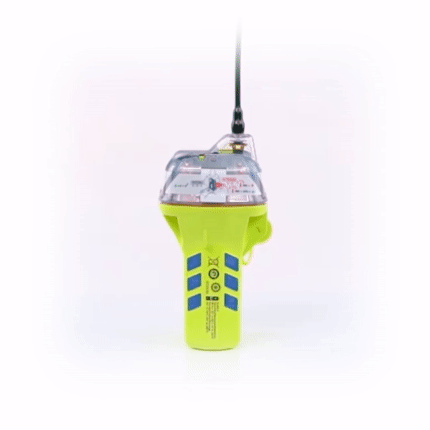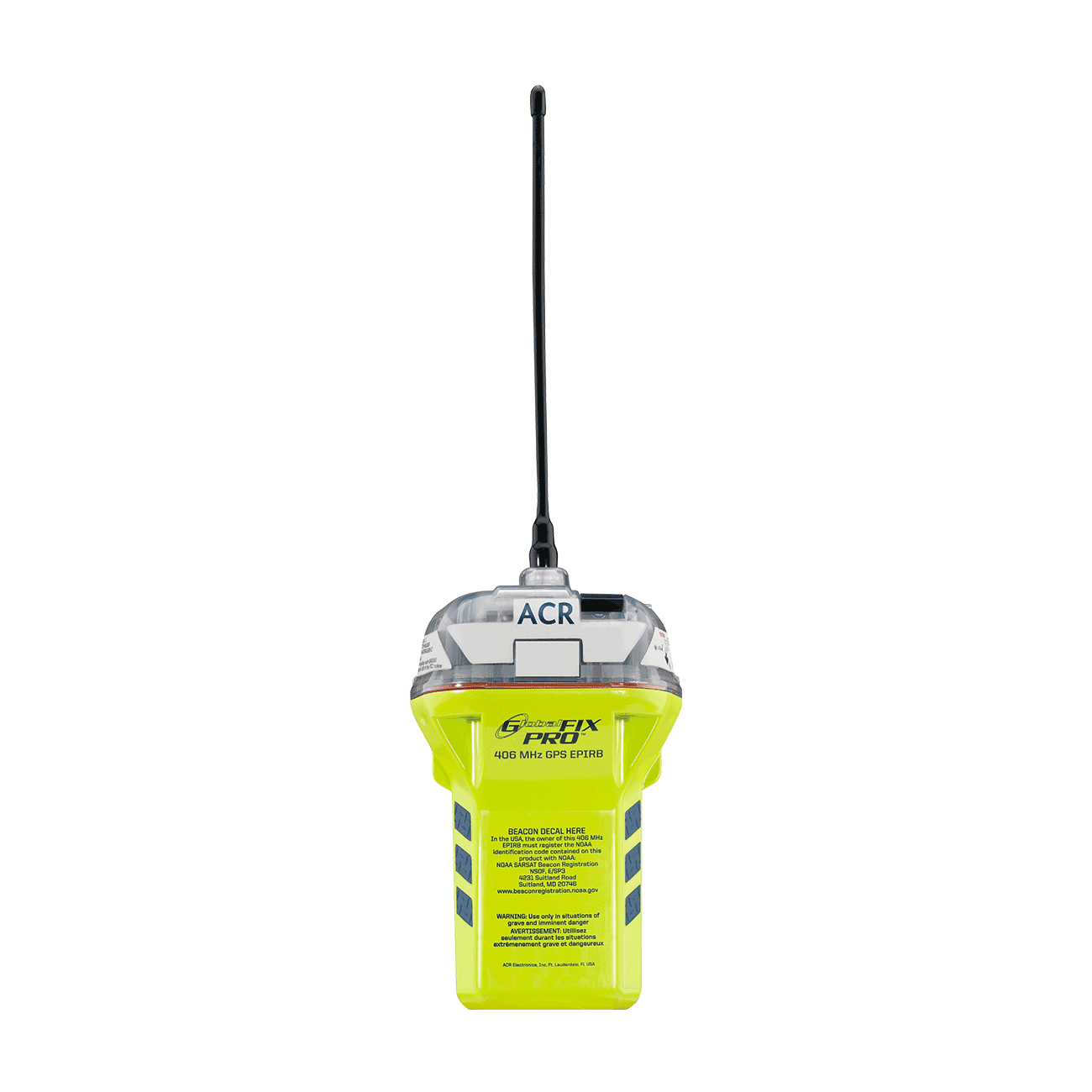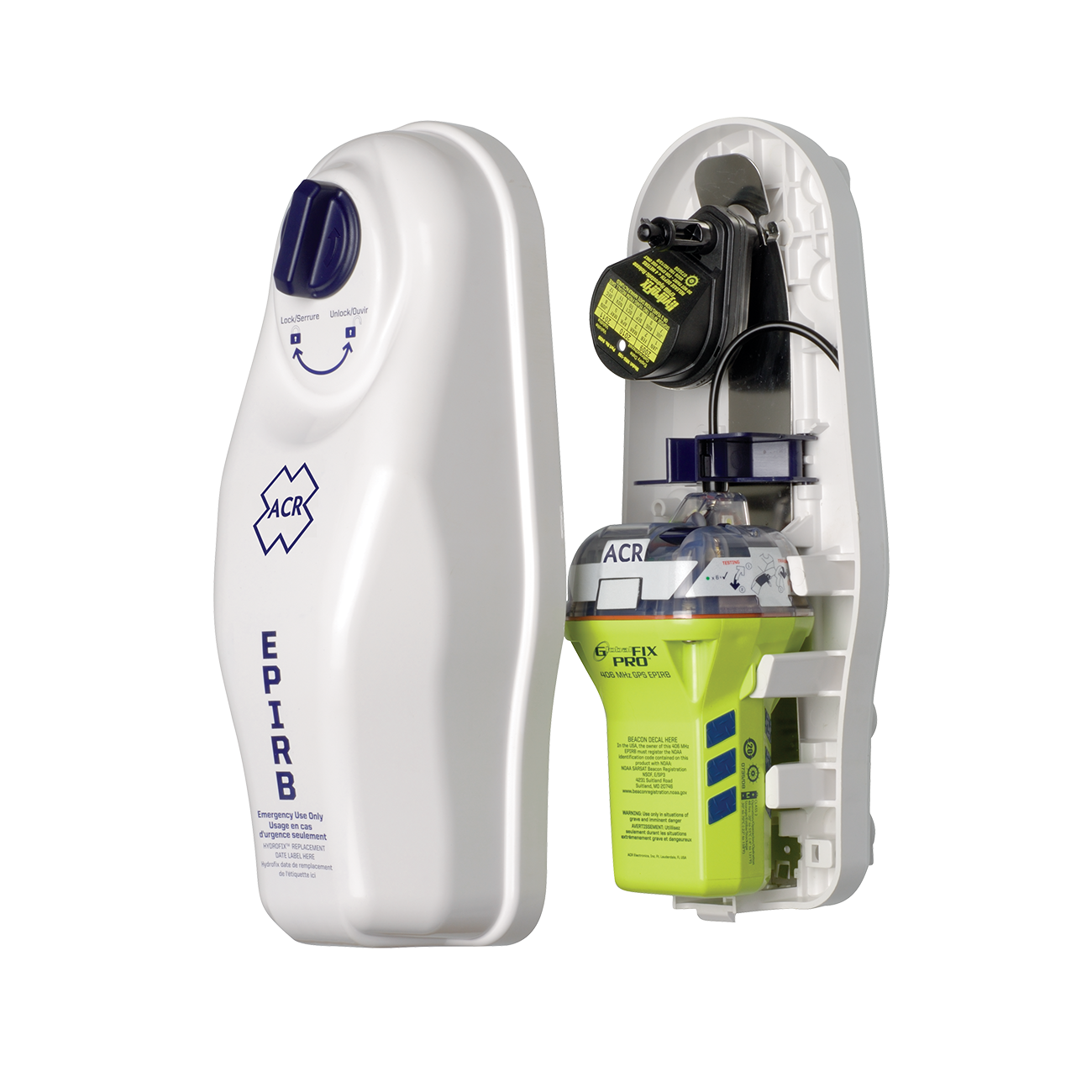Lives saved
6

Fishing

Ocean

Boat Sinking

Thunder storm
Prickly Bay Grenada
11.9951961°N, -61.7641498°W
Posted on May 2, 2018 by Holmberg
What happened?
Sailing Catamaran ACES4 described as 13 meter 2007 Fountaine Pagot Lavezzi with white hull, tan sail covers, and a stainless steel arch departed Prickly Bay Grenada at approximately 0930 local time on Saturday the 30th of April. Course over first 24 hours was approximately 276 degrees. Crew onboard included Erik (Master), Sherrie, Christina, Andrew, Shawn and Mackenzie. The second 24 hours, the 1st of May, the wind began to rotate to the SE and we continued on course of approximately 276 degrees. Both days we had twin genoas to proceed directly downwind (within 30 degrees). At approximately 3:30 PM on May 1 (at approximately 12.30.4N/66.45.25W), we altered course to 240 (changing to mainsail and 1 genoa) with the intention of making landfall at Bonaire via the southern tip of the island at approximately 12:00. Master, Erik, left watch at approximately 8:00 PM Monday May 1st at which time Mackenzie and Christina began watch. Shawn relieved Mackenzie at approximately 11PM Monday May 1. Sherrie relieved Shawn at approximately 2 AM Tuesday May 2nd. Erik made periodic checks throughout night regarding course and speed. In order to maintain speed and inflation of sails, course was deviated more to the south (approximately 239 degrees). There was no moon visible and the wind was approximately 19 knots from 119 degrees, seas 1-1.5 meters from approximately 110 degrees.
At approximately 3 AM the vessel struck reef at approximately 12.01.19N / 67.35.84W. All hands were summoned on deck and we dropped all sails immediately. Engines were engaged in full reverse with no effect. All lifejackets were donned at this time. Waves and wind continued to push the vessel further and further onto the reef. Erik activated SAT phone and contacted SAR Miami, while simultaneously transmitting PAN PAN call to any vessel able to assist within VHF radio range. 2 Parachute flares were fired off and EPIRB was activated per instructions from SAR Miami. Once daylight approached, Erik attempted to run out Fortress anchor dead astern via dinghy. After 3 attempts and becoming capsized in the dinghy more than once, 300 feet of line was run out to aforementioned anchor and attached to winch onboard but to no effect. Guardacostas appeared downwind on the lagoon side of the reef with a pirogue. Erik drifted with dinghy downwind to communicate/coordinate with rescue Guardecostas personnel (this was approximately 9AM). At this time, the starboard keel on ACES4 broke off and was retrieved by Erik and Guardecostas personel. After numerous attempts, Aresenio Gonzalez of Guardecostas accompanied Erik in dinghy back to boat where we discovered that starboard hull was compromised and taking on water. Emergency 2000GPH bilge pump was activated and found not able to keep up with ingress of seawater (measured at approximately 3’ deep at this time). Port keel was torn off soon after and seams began to separate on port side hull. Port keel was retrieved by Guardecostas personnel.
At this time, a decision was made to abandon ship and other Guardecosta personnel assisted in moving very limited personal belongings (mainly clothes) and personnel in dinghy to pirogue. Due to conditions, very little was able to be retrieved from the vessel (large breaking waves, exposed coral) Guardecosta personnel evacuated to their military outpost where we were fed and sheltered as family in the remote base, arriving at approximately 11:30AM local time.
_____________
Our experience with the few men located on the small sandy rock at isles des aves was exceptional, even if the facilities primitive and basic. We were taken in as their family and the language barrier was not so much a barrier after all which became evident in the tears and hugs upon our hasty departure via military helicopter to Maiquetia (the nearest airport to Caracas). Though we wanted to take one other ride back to the boat to grab a few more things, our discussions with the rescuers revealed that the condition of the boat would deteriorate by the hour and it would not be safe for us to board. Apart from that, the access to the boat would have been very difficult due to the reef. Things like schoolbooks and specifically the journals of the children would have been nice to retrieve (amongst many other things). In any case, the call came in that the chopper was inbound with an ETA of 30-45 minutes so we would not have time anyway.
I know a bit what it feels like to be a refugee now.
Of course the kids thought the whole helicopter experience was incredibly cool. Sherrie and I were emotional, essentially knowing that this was the end of our connection to our floating home of nearly 2 years. The 40 minute ride over the ocean 90 miles south revealed the mountainous land peppered with colorful homes and eventually the airport. We were warmly received on the tarmac by many representatives ranging from SAR (Search and Rescue), immigration officials, maritime control, embassy officials and medical personnel. After we were cleared by the medical teams (it is not surprising to find your blood pressure high after a helicopter ride and having your photo shot by many people) we progressed through immigration who told us that we had 3 days to depart the country of Venezuela as we had not arrived with a visa.
The next few days were filled with running around to Caracas to follow through with all the requisite paperwork. Support came up around us like fog, many people whom we never met and had no reason to help us offered connections and assistance.
Money is a weird thing in Venezuela. The local official trade I believe is around 50 Bd (Bolivar Dollars) to 1 USD while the bank rate is closer to 360. On the black market however the trade can be closer to 1100! Fuel is cheaper than drinking water and the big cities are extremely dangerous at night. Monthly salaries of unskilled labor ranges from 20-40 USD per month. Banks are not safe to change money in due to robberies so you do it on the street. I was advised to keep my laptop out of sight because it is worth 2 years salary to most people and I might be attacked for it.
We found a good hotel and with the exception of needing to venture out to address the paperwork issue regarding the incident (finding an official interpreter, getting the document where it needed to go, visiting the US Embassy). The visit to the US Embassy was quite an intense experience with all the security and so forth.
Fast forward a few days and we found a flight to Bonaire via Curacao (no direct flights from Venezuela to Bonaire) where I complete this writing and what I understand to be the 104th blog entry. We are flying back to the USA this next weekend to piece back together our lives.
What to say to sum up? It has been a week now as I write this, and it is all very painful and surreal…so many changes afoot that are happening fast and much without my control. Most times I am able to keep a smile on my face and then something triggers me back into the past with a painful memory. Time will heal the wounds, I suspect.
What saved us? GLOBAL FIX iPro EPIRB, SAT phone, flares and a hard bottom dinghy. Had we deployed the inflatable life raft, it would have been shredded on the reef.
To paraphrase Alfred Lord Tennyson, it is better to have LIVED and lost than never to have lived at all. Life is full of choices and we chose the roller coaster over the Ferris wheel…in other words with high risk comes high return but also the chance of high loss.
Go chase your dream…follow those rainbows because, lets face it, they are not coming to you.
Erik
Previous Captain and Owner of Sailing Vessel “ACES4”
Words of wisdom
To paraphrase Alfred Lord Tennyson, it is better to have LIVED and lost than never to have lived at all. Life is full of choices and we chose the roller coaster over the Ferris wheel…in other words, with high risk comes high return but also the chance of high loss.
Thank you note
Thank you ACR!
Rescue location
Prickly Bay Grenada
Rescue team
Coast Guard


